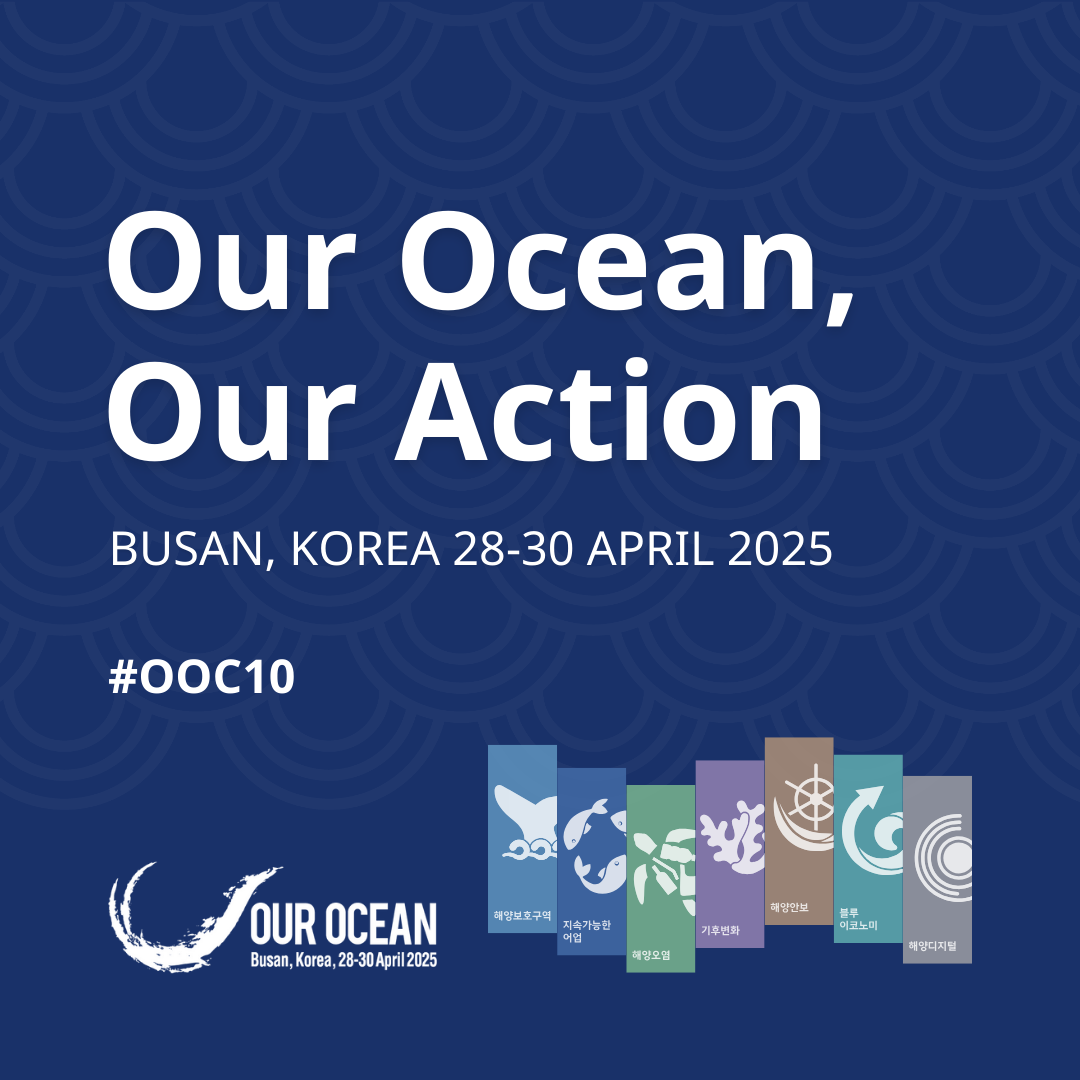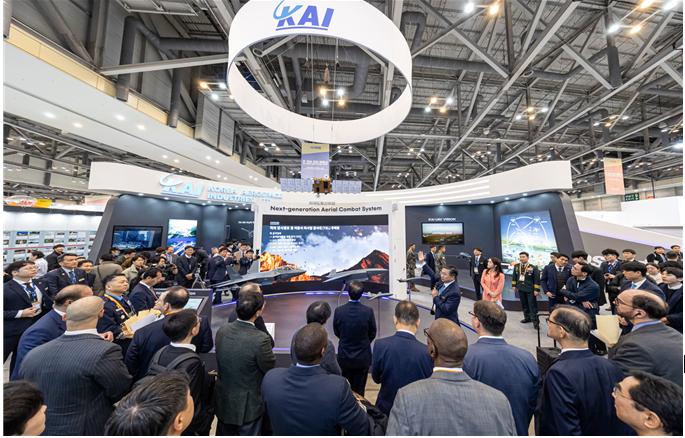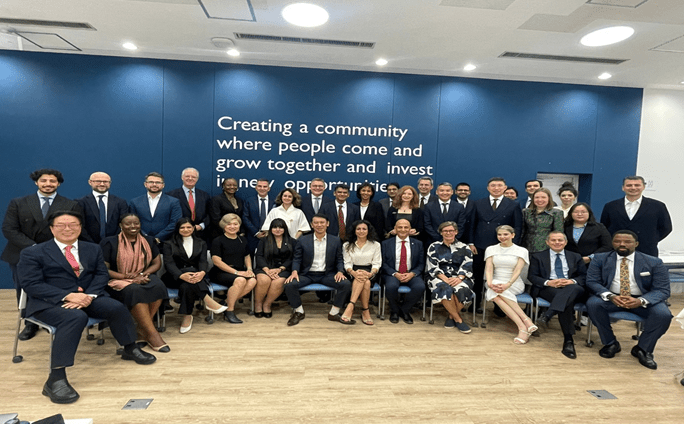Busan Hosts 10th Our Ocean Conference and APEC Ministerial to Drive Global Marine Policy
Busan will host the 10th Our Ocean Conference and 5th APEC Ocean Ministers’ Meeting, uniting global leaders to accelerate action on marine protection, climate resilience, and digital transformation in ocean governance.

Busan, South Korea — Busan is set to become the focal point of global ocean governance as it welcomes two major international marine policy events at the end of April: the 10th Our Ocean Conference (OOC) from April 28 to 30, and the 5th APEC Ocean-Related Ministerial Meeting (AOMM) from April 30 to May 1. These back-to-back summits, hosted by the Republic of Korea, aim to foster transformative dialogue and concrete action in pursuit of ocean sustainability, climate resilience, and digital innovation.
The Our Ocean Conference, launched in 2014, has emerged as a critical platform for mobilizing high-level commitments to the protection and sustainable use of the world’s oceans. Its tenth edition in Busan not only marks a symbolic milestone but also reflects the increasing urgency surrounding marine conservation. With over 2,300 delegates from more than 100 countries expected to attend—including ministers, UN officials, industry leaders, and civil society representatives—the event offers a comprehensive policy forum amid escalating global environmental and geopolitical pressures on the marine domain.
This year’s OOC is characterized by a sharpened focus on implementation. South Korea, as host, will present a "Blue Action Plan" comprising over 70 actionable commitments that integrate policy reform, industrial transformation, and cross-sectoral cooperation. Central to this plan is a commitment to expanding marine protected areas in alignment with the global 30x30 target, accelerating the decarbonization of maritime transport through green fuel infrastructure, and introducing circular policies for fishing gear to reduce marine plastic pollution. These efforts are grounded in Korea’s experience as a maritime nation with integrated administrative oversight over shipping, fisheries, and ports, and underscore its ambition to lead by example in delivering practical ocean solutions.
One of the most distinctive features of this year’s conference is Korea’s proposal of a special thematic agenda under the title "Digital Ocean." Reflecting its strengths in smart infrastructure and ICT, the host nation seeks to elevate the role of digital technologies in ocean governance. Through platforms enabling real-time ocean monitoring, autonomous navigation systems, and data-driven port logistics, the Digital Ocean initiative highlights the potential for innovation to bridge sustainability goals with operational efficiency.
In parallel, the APEC Ocean-Related Ministerial Meeting will convene in Busan under the theme “Navigating Our Blue Future—Connection, Innovation, and Prosperity.” Returning after more than a decade, and for the first time under Korea’s chairmanship in 20 years, the ministerial gathering brings together officials from APEC member economies to reinforce regional coordination on ocean sustainability. Discussions will center on integrating marine resource management with innovation-led growth, supporting resilient coastal communities, and aligning marine policy with broader economic recovery and climate objectives outlined in the Putrajaya Vision 2040.
While the two events are institutionally distinct, their thematic convergence around sustainable ocean economies, marine resilience, and technological advancement speaks to the growing recognition that ocean governance can no longer be siloed. The presence of non-state actors—from international NGOs to marine science institutions—across over 80 side events further demonstrates the broad coalition mobilized to advance the ocean agenda.
The dual hosting of the OOC and AOMM allows South Korea to position itself as a pivotal actor in shaping the future of marine diplomacy. As a nation with a rich maritime tradition and a rising profile in digital and green transitions, Korea’s stewardship of these conferences is likely to influence global standards in sustainable ocean governance and cooperation in the years to come. Against a backdrop of accelerating climate threats, depleting fish stocks, and fragmented regulatory landscapes, the Busan summits represent a timely and strategic convergence of leadership, science, and action.



Comments ()